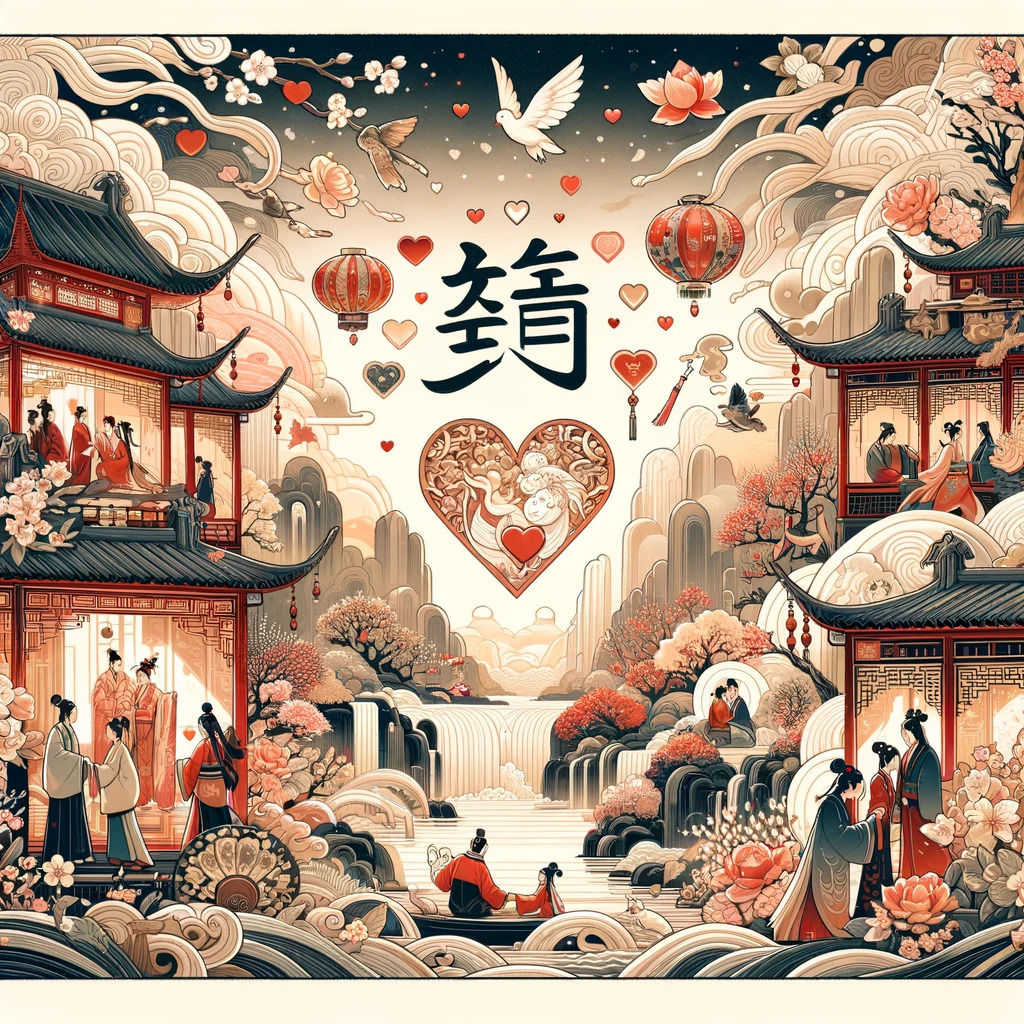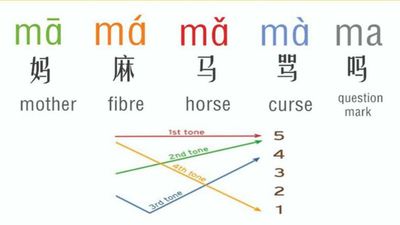Exploring the Language of Love in Mandarin Chinese: Expressions, Culture, and Connection
Discover the rich expressions of love in Chinese, from romantic affection to family bonds and friendship. Dive into cultural nuances and learn how to connect deeply through the language of love

Exploring the Language of Love in Mandarin Chinese: Expressions, Culture, and Connection
Embarking on a journey through Mandarin Chinese, one discovers that expressions of love, like the language itself, are rich with nuance, depth, and cultural significance. Love, or "爱" (ài), in Chinese, encompasses a broad spectrum of feelings, from deep affection and care to strong emotional bonds and attraction. Delving into how love is expressed in Mandarin offers a fascinating glimpse into the heart of Chinese culture and its perspectives on relationships and affection.
The Many Shades of "爱" (Ài)
At its core, "爱" (ài) serves as the foundational block for discussing love in Mandarin. It's a term that transcends mere romantic love, extending into familial bonds, friendship, and even a profound appreciation for life's various passions. Yet, when it comes to expressing love, Mandarin is anything but simplistic. The language offers a variety of phrases to capture the nuances of love's many forms.
Expressing Romantic Love
Romantic love, with all its intensity and fervor, is often expressed with "我爱你" (Wǒ ài nǐ), which translates directly to "I love you." However, the weight of these words carries a deeper significance in Chinese culture, often reserved for moments of profound commitment and deep emotional connection rather than used casually as in some Western contexts.
Familial Affection
The love within a family, a cornerstone of Chinese social values, is articulated with phrases that emphasize respect, care, and deep bonds. For instance, "家庭爱" (Jiātíng ài) signifies the love among family members, while specific terms like "母爱" (Mǔ ài, mother's love) and "父爱" (Fù ài, father's love) highlight the distinct affection parents have for their children.
Friendship and Platonic Love
Chinese culture also celebrates the love between friends, often seen as a virtuous and loyal bond. "友情" (Yǒuqíng) represents this form of platonic love, reflecting the importance of friendship in one’s life. Expressions such as "朋友之间的爱" (Péngyǒu zhī jiān de ài) convey the affection and care shared among friends.
Cultural Nuances in Expressing Love
Understanding when and how to express love in Mandarin is as crucial as knowing the words themselves. The Chinese approach to love often emphasizes actions and deeds over words, with a cultural emphasis on showing love through respect, support, and care. Gift-giving, acts of service, and spending quality time together are all potent demonstrations of love in Chinese culture.
Navigating Love’s Linguistic Landscape
For travelers and learners of Mandarin, navigating the linguistic landscape of love offers not just a language lesson but a deeper appreciation for the cultural nuances that shape expressions of affection. Whether it's learning to say "I love you" in Mandarin, understanding the significance of familial bonds, or appreciating the value of friendship, each phrase and its usage open windows into the heart of Chinese emotional expression.
In essence, exploring "love" in Mandarin is a journey through the heartbeats of Chinese culture, where every word and phrase unveils layers of meaning and tradition. It's a testament to the language's ability to articulate the most profound human emotion in ways that resonate with cultural depth and universal understanding. For those learning Mandarin, embracing these expressions of love is not just about adding words to your vocabulary but about connecting more deeply with the people and the rich tapestry of life that defines Chinese culture.









